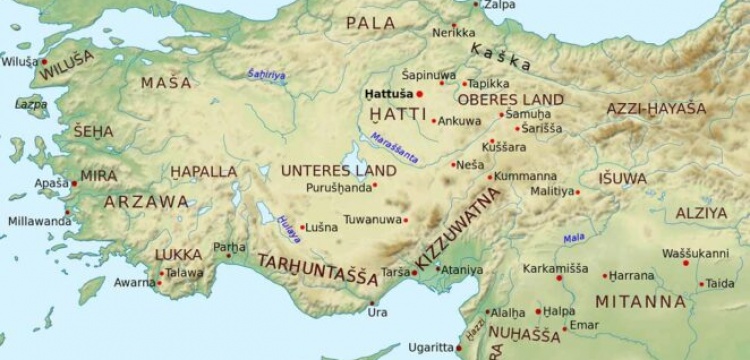Who are the Luvians? Where is Luviya? What are the scientific facts about the Luvians?

The Luvians have been one of the most researched topics in recent years, and naturally, the number of people wondering about their identity is increasing rapidly. So who are the Luvis
Are the Luvians a people or a group of people? Which are the Luvian people? What is the definition of Luvian according to the available linguistic and archaeological evidence? What should be the dictionary definition of the word Luvian? Unfortunately, there has not been a single definition of the subject on which dozens of books have been written so far. It is up to us to fill the gap:
Luvis Anatolian people who speak the Luvian language (or Hittite dialect) are found in Hittite texts. It has been determined that the people living mostly in Southern Anatolia and Western Anatolia speak this language.
In the cuneiform texts found in the Hittite geography, the Luvian dialect is found extensively.
The text of a tablet from the archive of Cuneiform Tablets in Hattusa is written in seven different languages, including Luvian. It is clear from the texts that Luvian, like Hittite, belongs to the Anatolian group of the Indo-European language family, and the similarities between them are striking.
The people who speak Luvian are called Luvis, but it is unclear whether they have a single ethnic origin. Therefore, for the time being, the definition of Luvian is limited to the community or communities of people who speak the language.
In light of scientific data, the definition of Luvians is "a people or peoples consisting of Anatolian people who spoke the Luvian language during the Hittite period".
It is certain that the Luvians were in Anatolia from 2300 BC at worst. However, it is unclear whether they came to Anatolia from elsewhere at or before this date, or whether they had been here since much earlier.
All explanations other than these are, for the time being, conjecture, speculative probabilities, and lack of scientific coherence.
The word Luvian is derived from the Hittite root LU, which means light, and its probable meaning is "Radiant", but also "Man of Light". is interpreted as.
By today's definition, Luvian means the places where Luvian-speaking people lived. However, when the Hittites said Luviya, they did not mean a specific region or any place, but the places where the Luvian-speaking people lived. In other words, there is no place called Luviya in Hittite geography.
Based on the use of the term Arzava instead of Luviya in the Late Hittite period, especially in the Hittite Laws, there are scholars who argue that the place called Luviya is the Arzava country in Western Anatolia, but it is also obvious that the region is likely to be wider
Apart from this information, all that has been written, drawn, and defended so far is just conjecture,
Assumptions are not trivial. The first step to scientific knowledge is to generate assumptions. As arkeolojikhaber (archaeologicnews), we include even the most extreme assumptions in our news.
But hypotheses are as far-fetched as they are scientifically based, and many of them generate far more information pollution than they are useful.
For this reason, we have chosen not to include assumptions in these definitions.
However, of all the assumptions circulating about the Luvians, the only myth worth mentioning is that the Luvians were a mysterious people or community of peoples.
At least for now...
Yaşar İliksiz - arkeolojikhaber.com
